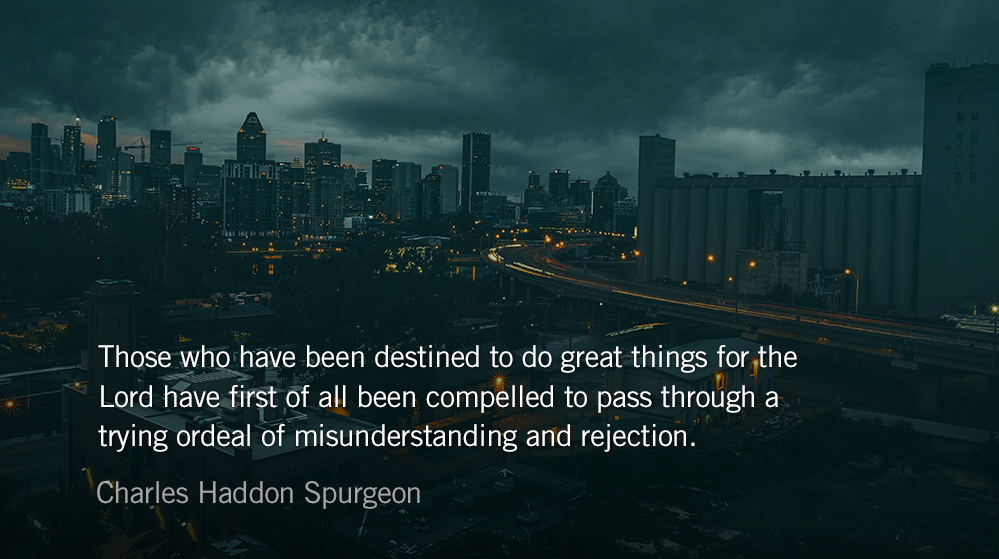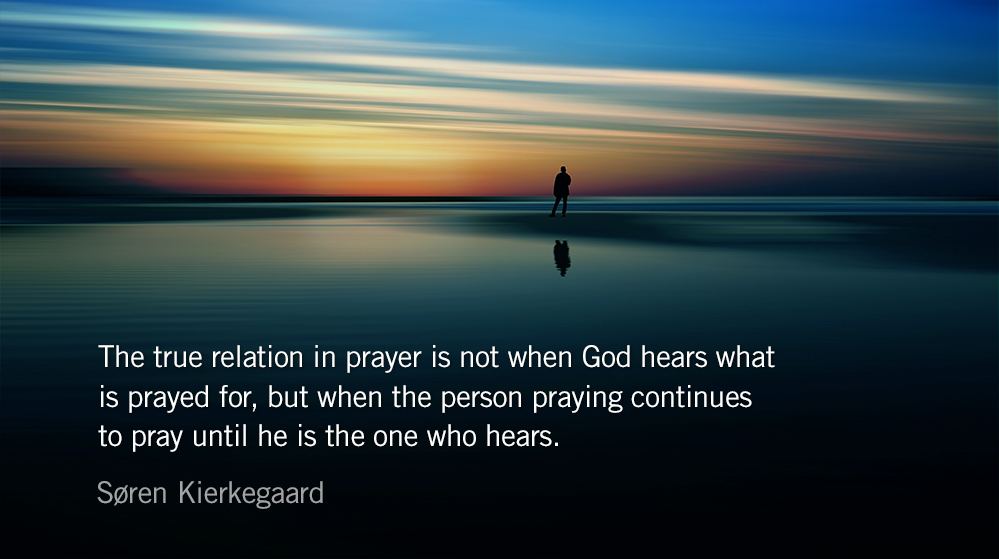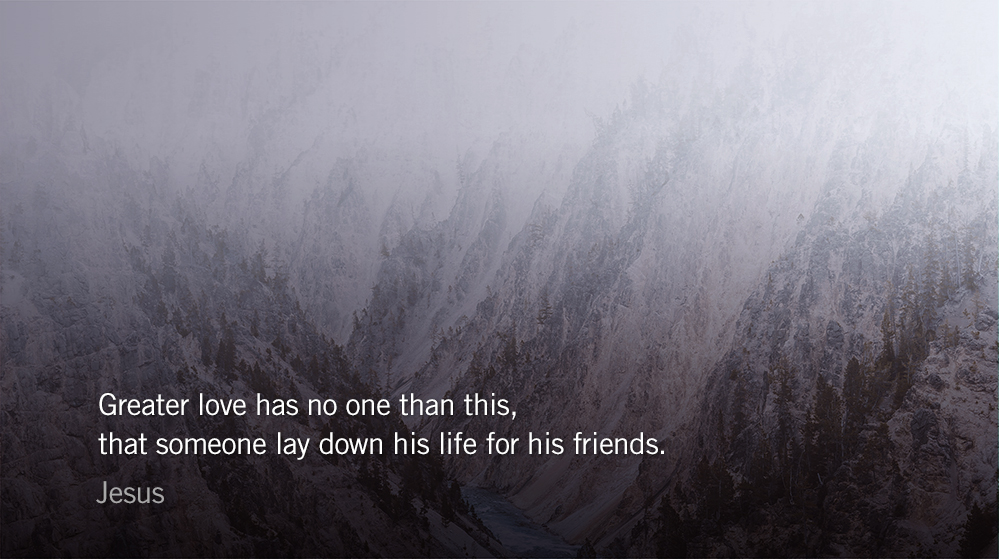Joshua 3.17
The priests who carried the ark of the covenant of the Lord stopped in the middle of the Jordan and stood on dry ground, while all Israel passed by until the whole nation had completed the crossing on dry ground.
Psalm 126.2-3
Our mouths were filled with laughter,
our tongues with songs of joy.
Then it was said among the nations,
“The Lord has done great things for them.”
The Lord has done great things for us,
and we are filled with joy.
Reflection: Over Jordan
By John Tillman
Crossing the Jordan has been a spiritual metaphor for centuries, but it took special meaning for slaves in the American south. It symbolized an escape from slavery, shelter in place of homelessness, and fruitfulness in place of a barren desert.
In the story of Israel’s failure to enter due to fear, and their return in faith after wandering for 40 years, the Jordan symbolizes a place at which faith and courage are required.
In the story of the transition from Moses to Joshua, from Elijah to Elisha, and from John the Baptist to Jesus, the Jordan symbolizes a change in leadership.
And of course, the Jordan represents entering the promised land, with Canaan standing in as the eternal land we are destined for in Heaven.
On one side of the river is the desert, the unforgiving land, the land of trials, the land of sin, the land of rebellion, the land of suffering.
On the other side of the river is the land that is promised, the land of blessing, the land of freedom, the land of rest, the land of satisfaction and plenty.
The Jordan also represents the final crossing of death—both a time of judgment and a time of cleansing. For Christians, the waters of the crossing hold no terror. We do not enter them alone. Someone else marches in with us. His nail-pierced feet touch the waters and they pile up, inviting us to cross without muddying our clothes.
We cross the Jordan not with priests carrying the Ark of the Covenant, but with Christ, our High Priest. When we cross over the Jordan with Christ, the land has no enemies to be defeated. It has no cities to march around and no battles to be fought. For, there too, Christ has gone before us, preparing a place for us. It is there that we will be fed by the tree that grows in the river that comes from the throne of God. It is there that we will take from that tree healing for the nations.
“Our home is over Jordan.” “Deep River” — Marian Anderson
It is over Jordan that our tears will be wiped away.
Prayer: The Morning Psalm
On the holy mountain stands the city he has founded; the Lord loves the gates of Zion more than the dwellings of Jacob.
Glorious things are spoken of you, O City of our God. — Psalm 87.1-2
– From The Divine Hours: Prayers for Summertime by Phyllis Tickle.
Today’s Readings
Joshua 3 (Listen – 2:45)
Psalm 126-128 (Listen – 1:58)
Readers’ Choice Submissions
It is once again time for us to seek out the voices of our readers and hear from you about posts from the past eleven months that have challenged and comforted you and helped you find new meaning in the scriptures.
Readers’ Choice posts will be republished during the month of August and periodically throughout the Fall.
Follow the link to fill out the form. Feel free to fill out the form multiple times for multiple submissions. Please limit your submissions to posts published this calendar year, between September of 2018 and today.
For any questions about The Park Forum, or to make suggestions of posts via email, contact John Tillman at john@theparkforum.org
Thank You!
Thank you to our donors who support our readers by making it possible to continue The Park Forum devotionals. This year, The Park Forum audiences opened 200,000 free, and ad-free, devotional content. Follow this link to join our donors with a one-time or a monthly gift.
Read more about Christ: Temple, River, and City
Christ is our river, flowing as the Holy Spirit into our lives, into our cities, into our dead, dry, and poisoned environments.
Read more about The Staggering Dead and the Glory of God
One day, as Lazarus and our dear Christ, himself, our grave clothes will be untied (or “set aside” lyō in Greek). We will leave our grave clothes behind. That is the glory of God.






